Members of the United Nations (UN) adopted the first-ever treaty to protect marine life in the high seas on Monday, which environmental experts believe is a significant step forward for protecting a wide range of the Earth's biodiversity at a time when climate change and water pollution are threatening the ecosystem.
The treaty is the first to specifically focus on biodiversity of international waters, outside the jurisdiction of any one nation as such waters make up roughly half the world's oceans.
The UN has worked toward such an agreement for more than 20 years. The agreement will be open for signatures in New York for two years starting September 20. It will take effect after 60 countries ratify the agreement, according to the UN.
The treaty will create a new body to manage the conservation of ocean life and establish marine protected areas on the high seas. It also establishes ground rules for conducting environmental impact assessments for commercial activities in the oceans, according to the UN.
UN Secretary-General Antonio Guterres told delegates that the adoption of the treaty comes at a critical time, with the oceans under threat on many fronts. Climate change is disrupting weather patterns and ocean currents, raising sea temperatures, "and altering marine ecosystems and the species living there," he said, adding that marine biodiversity "is under attack from overfishing, over-exploitation and ocean acidification."
He also said the treaty is vital to address these threats and he urged all countries to spare no efforts to ensure that it is signed and ratified as soon as possible, stressing that "this is critical to addressing the threats facing the ocean."
In the past, most countries' marine protection efforts have been delimited in their territorial seas and inland seas, but a high seas protection area is very rare, Ma Jun, director of the Beijing-based Institute of Public and Environmental Affairs, told the Global Times on Tuesday.
In the context of Japan's plan to dump the nuclear-contaminated water from the Fukushima Daiichi nuclear power plant is drawing wide concerns, this convention is of greater significance, experts said.
The convention adopted by the UN this time is more concerned about the protection of biodiversity related to the high seas, with issues including whale hunting, sewage discharge and other issues included in the scope of biodiversity protection, setting stricter standards for the division of responsibilities, Ma said.
The treaty also establishes principles to share "marine genetic resources" discovered by scientists in international waters, a key demand of developing countries who insisted that the fruits of such discoveries cannot solely be controlled by richer countries with money that finance expeditions to look for new lucrative ingredients for medicine and cosmetics.
After the treaty's approval, the Group of 77, the UN coalition of 134 mainly developing nations and China, called it "an exceedingly important day for biodiversity," praising their successful struggle to achieve benefit-sharing in the final text as well as funding to help implement the treaty when ratified.
Experts believe that China has its own corresponding international responsibility for marine protection. In recent years, China has continuously strengthened its protection of the sea. In particular, China's successful experience in pollution prevention, closing off areas to fishing can be shared with other countries.
"Even with a large population base, China can achieve relatively good results, and it is believed that other countries can learn from it," Ma said.











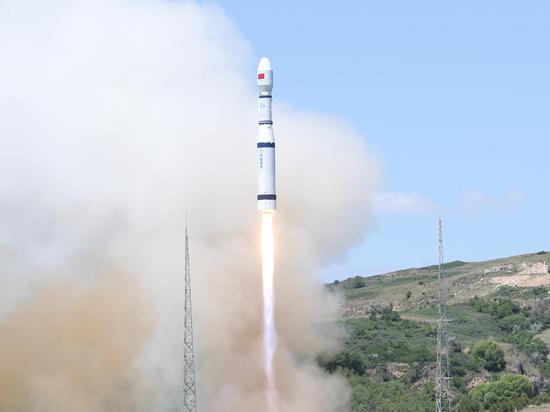


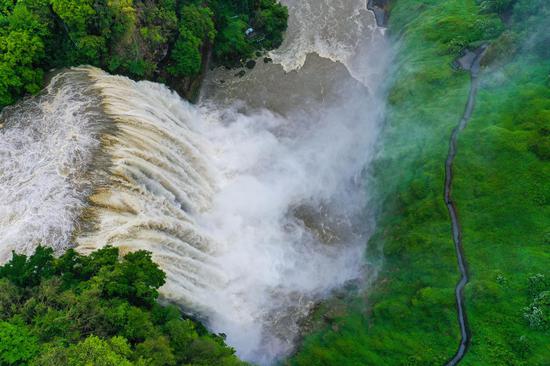
















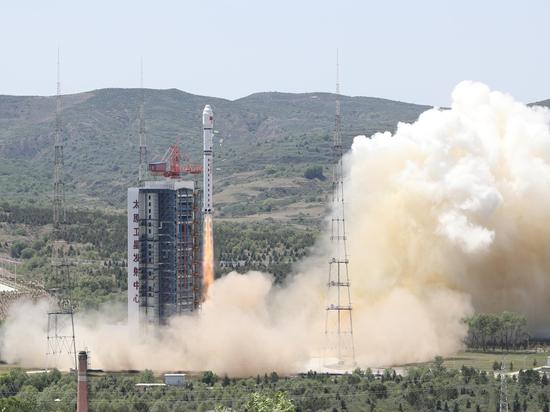

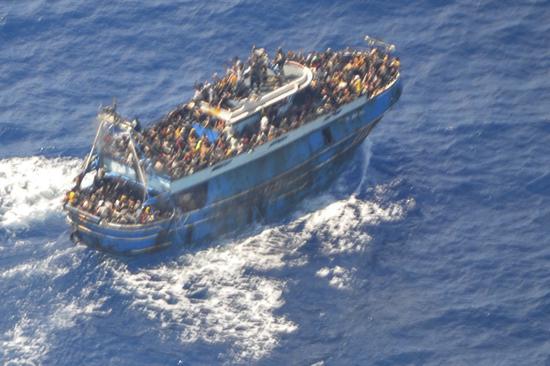

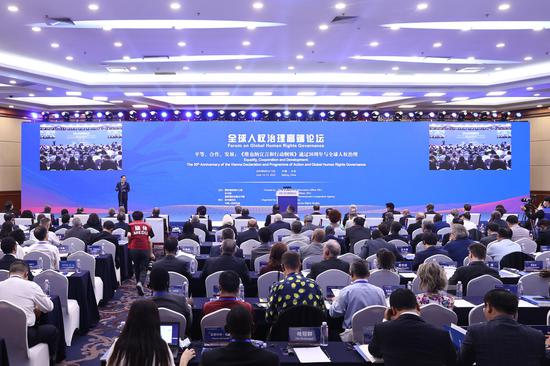




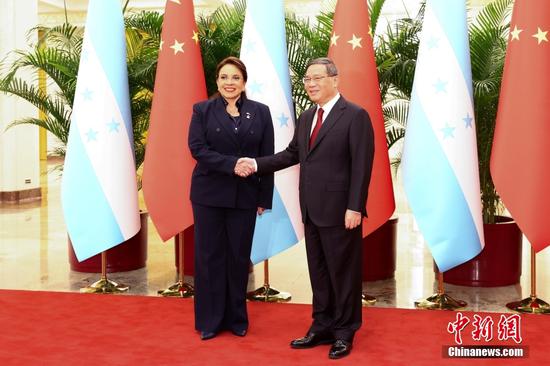









 京公网安备 11010202009201号
京公网安备 11010202009201号